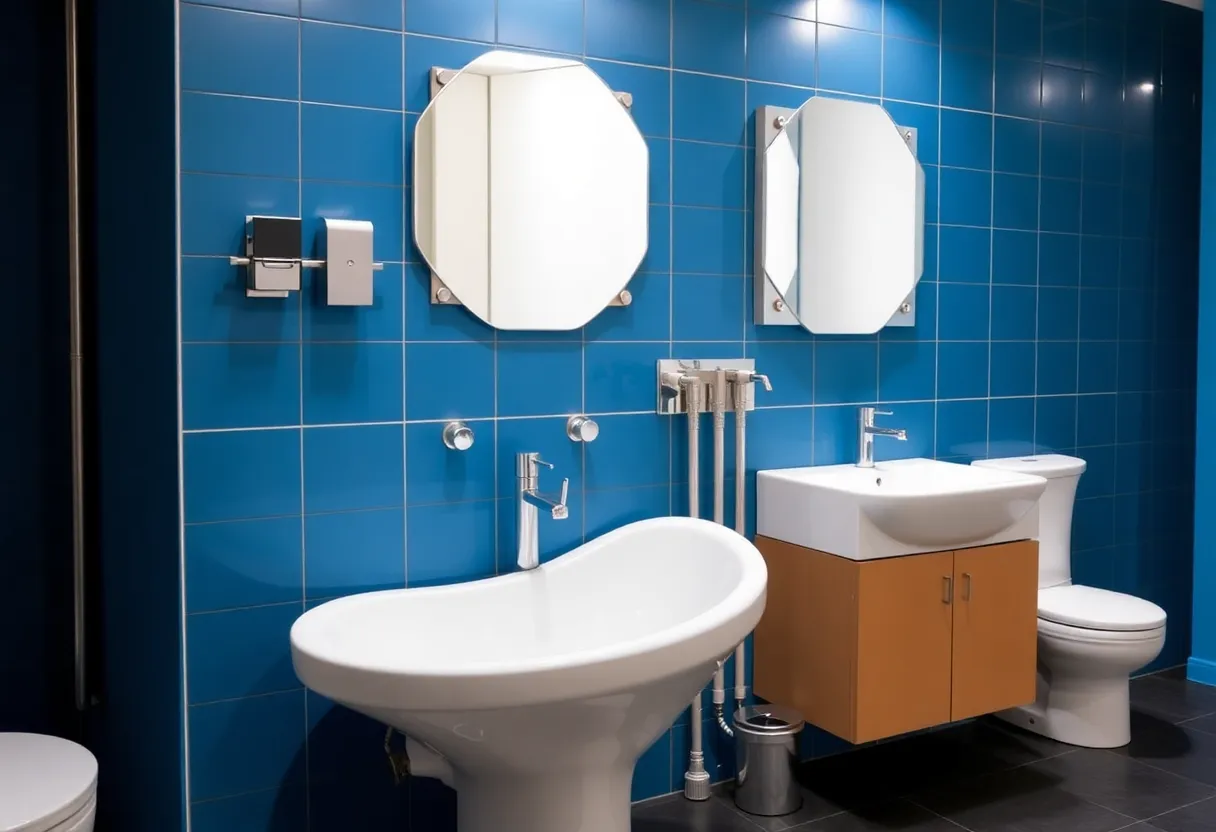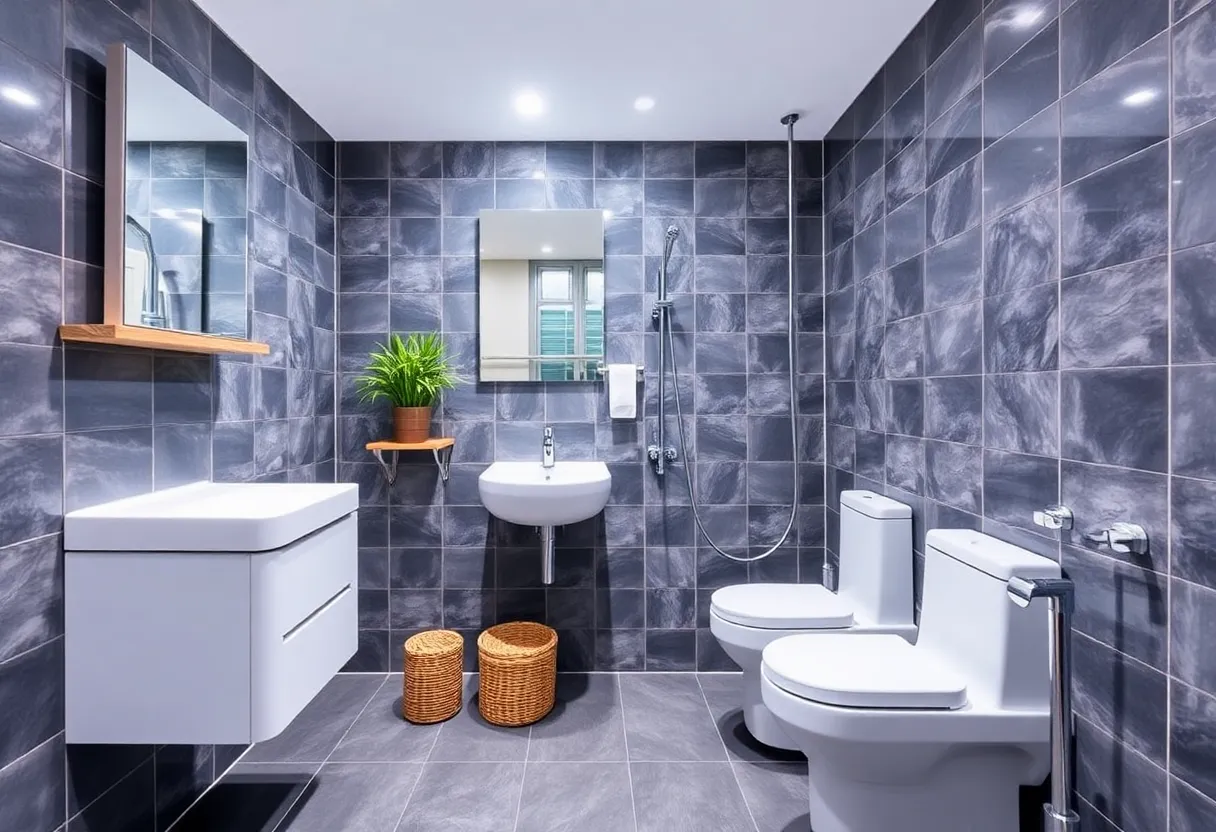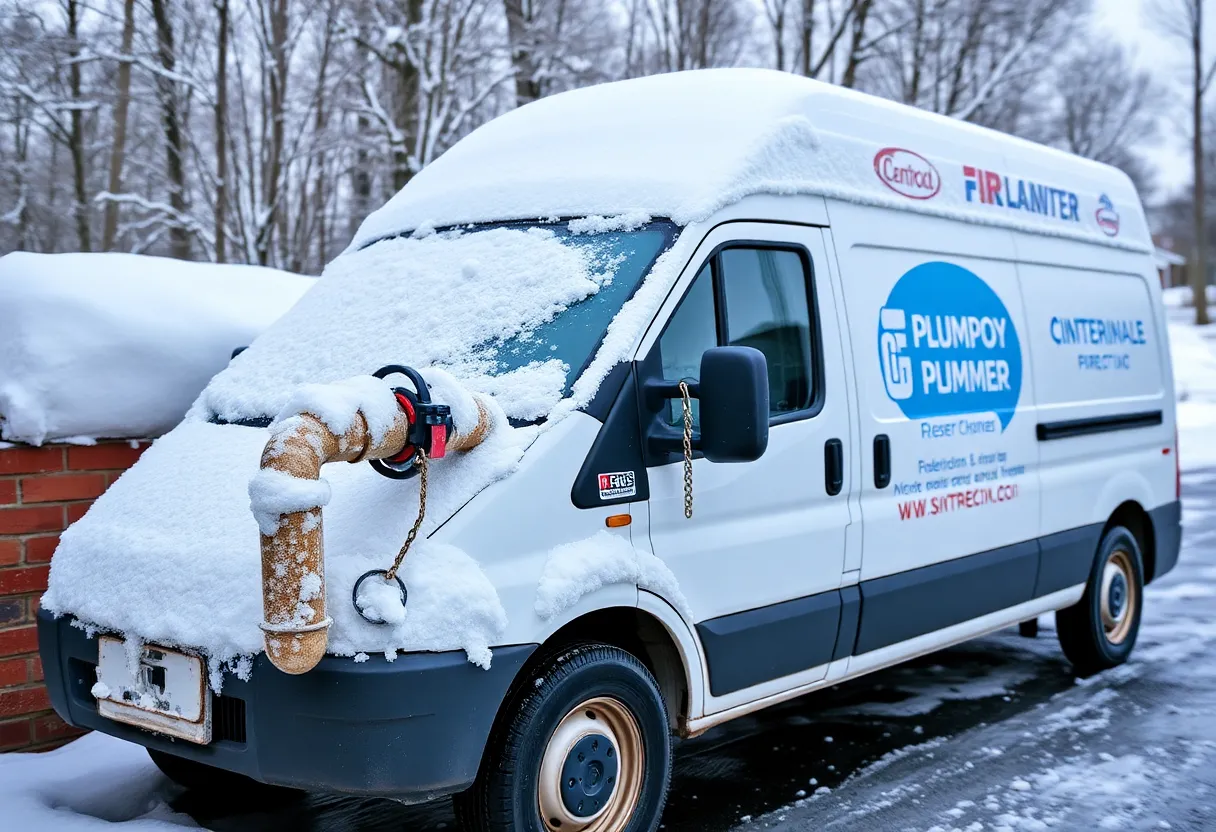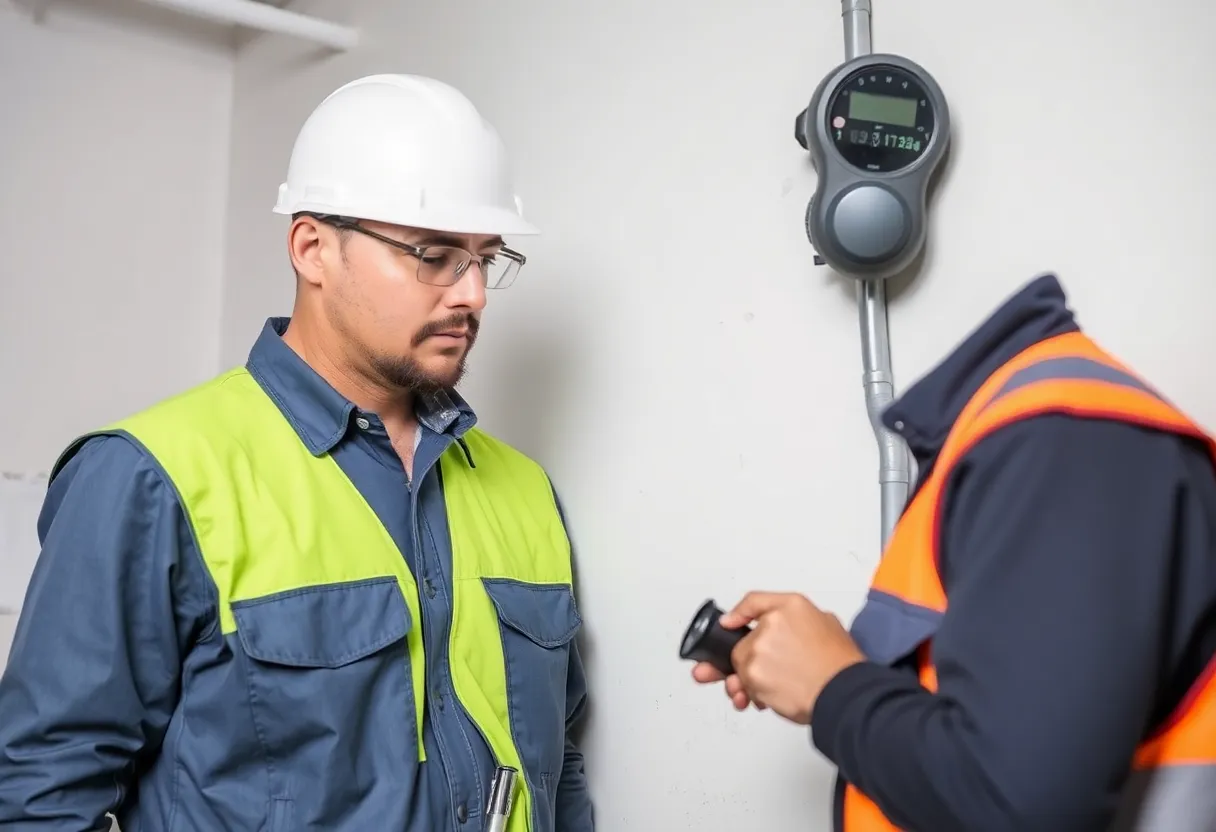The Plumbing Mystique: 10 Surprising Innovations Transforming Home Water Management in 2025
As we step into 2025, the world of home water management is undergoing a dramatic transformation with an array of _innovations_ that are not just smart, but incredibly efficient. In an era where sustainability and technology converge, these advancements are changing the way we think about plumbing, water conservation, and energy efficiency. This article delves into ten noteworthy innovations that are revolutionizing how we manage water in our homes.
1. Smart Leak Detection Systems
Leaks can lead to massive water wastage and costly repairs. Enter _smart leak detection systems_ – devices that use sensors and algorithms to detect moisture levels and unusual water flow patterns in real-time. These systems can alert homeowners via an app on their smartphones the moment they detect a leak, enabling immediate action and minimizing damage. In 2025, expect these devices to not only offer real-time alerts but also provide detailed analytics on water usage, helping homeowners make informed decisions about their consumption.
2. Greywater Recycling Systems
One of the most promising trends is the adoption of _greywater recycling systems_. These systems collect water from sinks, showers, and washing machines, treating it for reuse in irrigation or toilet flushing. The technology has become significantly more efficient and affordable in 2025, making it accessible for the average homeowner. By implementing a greywater system, households can reduce their overall water consumption by up to 50%, which is essential given the pressures on freshwater resources.
3. AI-Driven Water Usage Analytics
Artificial Intelligence (AI) is becoming a key player in water management, offering _advanced analytics_ that help homeowners understand their water consumption patterns. In 2025, AI-driven systems will provide insights on peak usage times, identify potential leaks, and offer actionable recommendations to optimize water usage. This not only conserves water but can also lead to lower utility bills, making smart home technology an attractive investment for the environmentally conscious consumer.
4. IoT Integrated Plumbing Fixtures
The Internet of Things (IoT) is rapidly infiltrating home plumbing systems. In 2025, expect to see _IoT integrated plumbing fixtures_ that monitor water flow, detect problems, and automatically adjust settings to maximize efficiency. For instance, smart faucets can regulate water temperature and flow based on user behavior, while intelligent shower systems can save water while providing a luxurious experience. The result is a seamless blend of comfort and conservation.
5. Touchless Technology
With cleanliness becoming a priority, _touchless technology_ in plumbing fixtures is on the rise. In 2025, touchless faucets and toilets will utilize motion sensors to control water flow, minimizing contact points and enhancing sanitation. This innovation not only promotes hygiene but also encourages water savings, as these fixtures are designed to turn off automatically after a set duration or when no motion is detected. Such technology contributes to a safer and more efficient home environment.
6. Water-Saving Appliances
As manufacturers focus on sustainability, _water-saving appliances_ have taken center stage. By 2025, upgraded dishwashers, washing machines, and toilets will use significantly less water without compromising performance. For instance, new washing machines equipped with advanced sensors can adjust water levels based on load size, ensuring optimal water usage. This innovation allows homeowners to save water and cut down on energy consumption, supporting a greener lifestyle.
7. Eco-Friendly Pipe Materials
In the quest for sustainability, the plumbing industry is shifting towards _eco-friendly pipe materials_. In 2025, expect to see a rise in the use of biodegradable and recyclable materials in plumbing systems. Innovations such as advanced PVC alternatives and compostable piping reduce the environmental impact associated with traditional plumbing installations. By prioritizing these materials, homeowners can foster an environmentally friendly approach to home building and renovation.
8. Advanced Water Filtration Systems
With water quality concerns on the rise, _advanced water filtration systems_ are becoming essential for modern households. In 2025, expect these systems to feature multi-stage filtration processes that remove contaminants and improve taste while preserving essential minerals. Some systems even include smart technology that tracks filter lifespan and provides alerts when it’s time for maintenance, ensuring families have access to clean, safe drinking water at all times.
9. Smart Irrigation Systems
As climate change continues to affect weather patterns, the need for efficient irrigation is more critical than ever. Smart irrigation systems, now widely accessible in 2025, utilize weather data and soil moisture levels to optimize watering schedules. These systems can adapt in real time, ensuring that gardens receive adequate water during dry spells while saving resources when it rains. Homeowners can manage these systems remotely via smartphone apps, making it easier to maintain lush, vibrant landscapes sustainably.
10. Solar-Powered Water Heaters
As renewable energy sources become increasingly viable, _solar-powered water heaters_ are making a significant impact in 2025. These systems harness solar energy to heat water efficiently, drastically reducing reliance on traditional energy sources. Today’s solar water heaters are highly efficient and can significantly lower utility bills while decreasing the household’s carbon footprint. Homeowners transitioning to this technology not only benefit financially but also contribute to a more sustainable energy future.
Conclusion
The future of home water management is indeed fascinating. With innovations like _smart leak detection systems_, _greywater recycling_, and _solar-powered water heaters_, homeowners are well-equipped to manage their water more efficiently than ever before. As technology continues to advance, the plumbing mystique will only grow, offering a plethora of solutions aimed at sustainability, convenience, and cost-effectiveness. Embracing these innovations not only benefits individual households but signifies a crucial step towards protecting our planet’s precious resources.
FAQs
What is a smart leak detection system?
Smart leak detection systems are devices that use sensors and algorithms to detect moisture levels and unusual water flow patterns in real-time, providing alerts to homeowners through smartphone applications.
How does greywater recycling work?
Greywater recycling systems collect water from sinks, showers, and washing machines, treat it for reuse in irrigation or toilet flushing, helping to significantly reduce overall water consumption.
What role does AI play in water usage analytics?
AI-driven systems provide insights into water consumption patterns, identify potential leaks, and offer recommendations to optimize water usage, leading to conservation and reduced utility bills.
What are IoT integrated plumbing fixtures?
IoT integrated plumbing fixtures are devices that monitor water flow and detect problems, adjusting settings automatically to maximize efficiency and comfort for users.
Why are touchless fixtures gaining popularity?
Touchless fixtures promote hygiene by minimizing contact points, enhance sanitation, and encourage water savings by turning off automatically after a set duration or when no motion is detected.
What are some examples of water-saving appliances?
Examples include dishwashers and washing machines that use significantly less water without compromising performance, often equipped with sensors to adjust usage based on load size.
What are eco-friendly pipe materials?
Eco-friendly pipe materials include biodegradable and recyclable options that reduce environmental impact compared to traditional plumbing materials.
How do advanced water filtration systems work?
Advanced water filtration systems utilize multi-stage processes to remove contaminants and improve taste while tracking filter lifespan and providing maintenance alerts via smart technology.
What are smart irrigation systems?
Smart irrigation systems use weather data and soil moisture levels to optimize watering schedules, saving water while ensuring proper irrigation for gardens and landscapes.
What benefits do solar-powered water heaters offer?
Solar-powered water heaters harness solar energy to heat water efficiently, reducing reliance on traditional energy sources, lowering utility bills, and decreasing the household’s carbon footprint.









